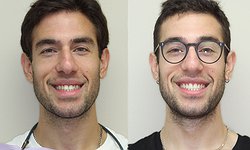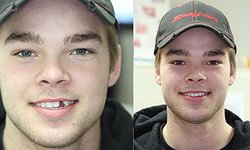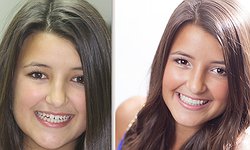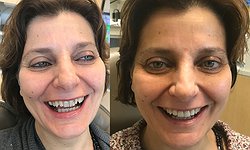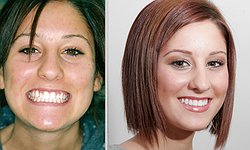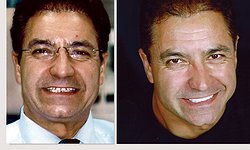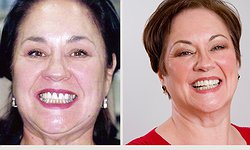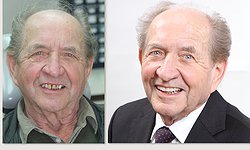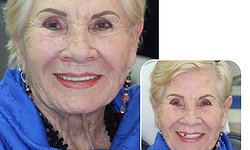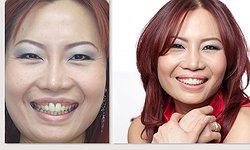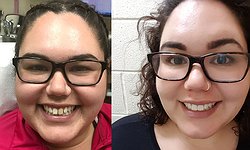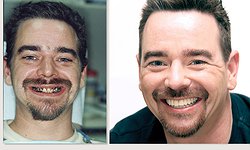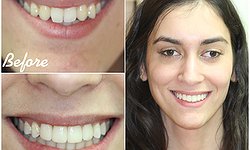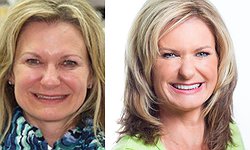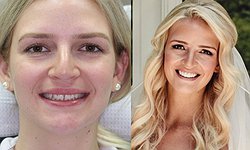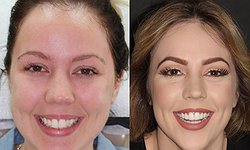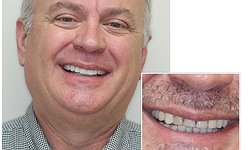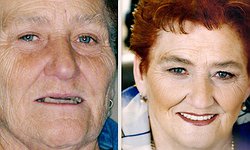Sleep Apnea Treatment
Sleep Apnea Treatment in Maple, Vaughan
Is snoring keeping you up at night?
You're not alone. 60% of men and 40% of women between the ages of 40 and 60 years old have problems with snoring. While your partner's loud snoring is surely annoying, it could be the sign of a serious problem: Sleep Apnea.Snoring occurs when there is a partial obstruction of the airway which causes the palatal tissues to vibrate. Obstructive sleep apnea occurs when the soft tissues of the airway collapse and block breathing completely and numerously thoughout the night. As many as 20 million people in North America may have sleep apnea. Snoring is a social problem, particularly for the spouse, but obstructive sleep apnea poses a significant health risk for the patient in that it can lead to irregular heartbeat, high blood pressure, heart attacks, strokes and daytime sleepiness resulting in risks such as car crashes.
According to the Globe and Mail (June 15, 2016), people who have had procedures to reopen arteries and have a history of heart problems are at a high risk of heart attack if they suffer from sleep-breathing disorders like Sleep Apnea. This was found in a study where patients with Sleep Apnea and a history of heart problems had their breathing tracked during sleep over the course of five and a half years. During this time 20% of test patients suffered a heart attack within the 5 year span.
Sleep Apnea Treatment
Continuous Positive Airway Pressure (CPAP): This has traditionally been considered the "gold standard" treatment for Sleep Apnea. This requires the patient to wear a fitted mask that is connected to an air compressor by a hose. Air is forced into the nasal passages and air pressure opens the airway to allow uninterrupted breathing. While effective, patients find it uncomfortable, suffer throat dryness, sinus infections, noise, bloating and other complaints. Studies have shown that only half of those prescribed CPAP continue to wear it regularly.
Oral Appliance Therapy: This therapy is the use of a custom removeable oral appliance that fits over the teeth and positions the lower jaw forward, opening the airway in the throat so that the patient can breathe on their own without mechanical help while they sleep. This therapy is now recognized as appropriate for treating any severity of Obstructive Sleep Apnea if the patient prefers this treatment!
If you have been diagnosed with Sleep Apnea or snoring, contact Maple Dental Health to find out more about oral sleep appliances.
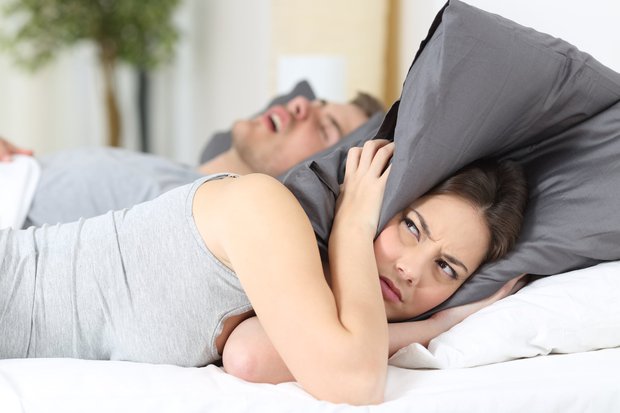
Factors that can affect obstructive sleep apnea are:
- Age
- Obesity
- Alcohol
- Sedative Hypnotics (sleeping pills)
According to the Globe and Mail (June 15 2016), people who have had procedures to reopen arteries and have a history of heart problems are at a high risk of heart attack if they suffer from sleep-breathing disorders like Sleep Apnea. This was found in a study where patients with Sleep Apnea and a history of heart problems had their breathing tracked during sleep over the course of five and a half years. During this time 20% of test patients suffered a heart attack within the 5 year span.
Sleep Apnea Treatment
Continuous Positive Airway Pressure (CPAP): This has been traditionally been considered the "gold standard" treatment for sleep Apnea. This requires the patient to wear a fitted mask that is connected to an air compressor by a hose. Air is forced into the nasal passages and air pressure opens the airway to uninterrupted breathing. While effective, patients find it uncomfortable; suffer throat dryness, sinus infections, noise, bloating and other complaints. Studies have shown that only half of those prescribed CPAP continue to wear it regularly.
Oral Appliance Therapy: This therapy is the use of a custom removeable oral appliance that fits over the teeth and positions the lower jaw forward, opening the airway in the throat so that the patient can breathe on their own without mechanical help while they sleep. This therapy is now recognized as appropriate for treating any severity of Obstructive Sleep apnea if the patient prefers this treatment!























